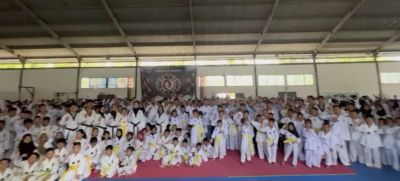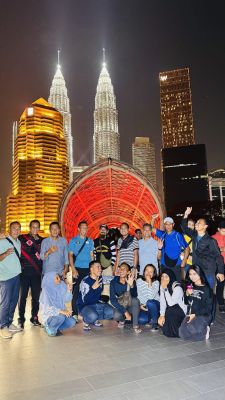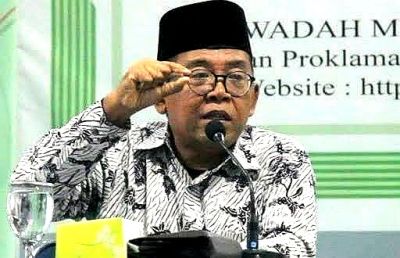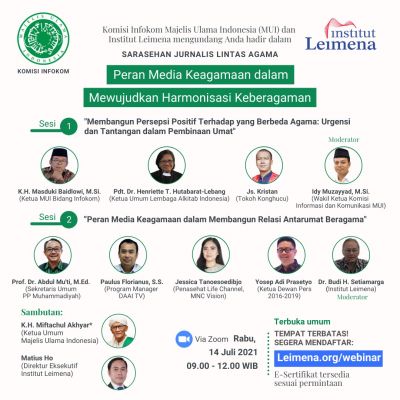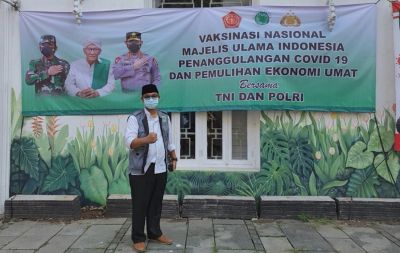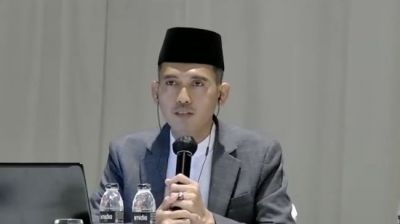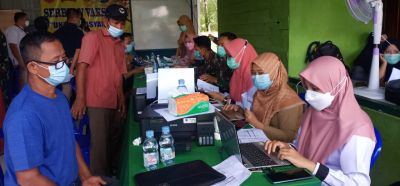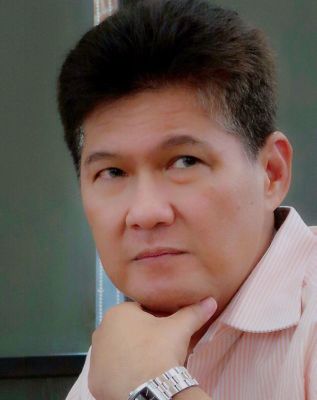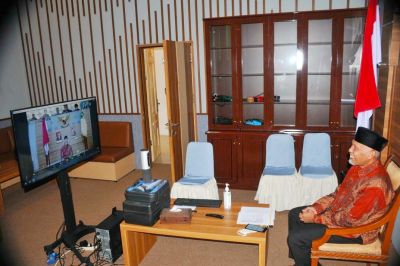Indonesia and Education as The Developing Country
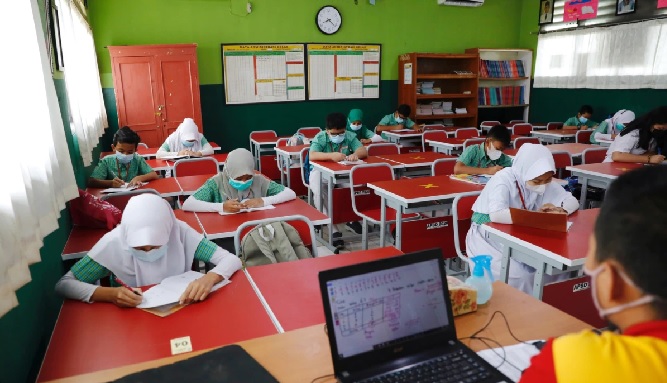
Now Happened : School in Pandemic Era
INTERNATIONAL | ASEAN COUNTRIESI IN ASEAN , the education sector in Indonesia is still not successful. Of the 10 existing countries, Indonesia is ranked fifth. Indonesia still lost to the nearest country, such as Malaysia, Singapore or Brunei Darussalam.
The following is the ranking of the top five education in ASEAN countries as reported by Deutsche Welle.
1. Singapore
As Okezone wrote , Singapore has a score of 0.768. Singapore not only has one of the best quality education systems in ASEAN, but also in the world. Currently the archipelagic country, occupies the ninth position in the UNESCO Education Index. In 2013, only 1.3% of school students failed to complete their education.
2. Brunei Darussalam
With an Education Index or EDI value of 0.692, Brunei Darussalam occupies the 30th position in the world and number two in Southeast Asia. Not surprisingly, the Brunei government bears all the costs of education. Including the cost of lodging, food, books and transportation.
3. Malaysia
With an adult literacy rate of 94%, it is not surprising that Malaysia was able to record a score of 0.671 in the UNDP Education Index. The neighboring country occupies position 62 in the list of the best education in the world and third in ASEAN.
4. Thailand
Thailand is one of the ASEAN countries that has the highest education budget, which is 7.6% of the Gross Domestic Product. Currently, the country of white elephants occupies the 89th position in the world with an EDI score of 0.608.
5. Indonesia
Currently, Indonesia is in the 108th position in the world with a score of 0.603. In general, the quality of education in Indonesia is below Palestine, Samoa and Mongolia. Only 44% of the population completed secondary education. Meanwhile, 11% of students failed to complete their education or dropped out of school.
Ranking below Indonesia are the Philippines, Vietnam, Cambodia, Laos, Myanmar.
In order to become number one in ASEAN, there needs to be efforts from the government. Including correcting bad behaviors in the world of education.
According to Jejen Musfah, Postgraduate Lecturer in Education Management at UIN Jakarta, there are five cultures that must be changed so that education in Indonesia is better.
First, the culture of cheating
Students cheated on answers during the national exam and was even pioneered by unscrupulous teachers and school principals. Teachers plagiarize scientific papers for promotion because their research and writing competence is low. Lecturers plagiarized self-descriptions during certification, so many did not pass.
"Professors plagiarize scientific works to maintain their professional status. Lecturers plagiarize student works for journal articles or research," he wrote as published in Republika .
Second, the culture of perfunctory alias does not attach importance to the quality of
schools and universities (PT) only when they are going to be accredited or visited. Schools and universities are members of the International Standards Organization (ISO), but the quality is still low, even though the costs are quite large. It is easy for the government to issue an operational permit for a study program (prodi) to print prospective teachers, even though the lecturers and PT facilities are inadequate.
"The government and society do not pay attention to the quality and salaries of teachers so that teachers teach as they are," he continued.
Third, the culture is slow and makes it difficult
for the disbursement of BOS funds to be slow, even though the operational needs of schools cannot be postponed. The disbursement of teacher certification funds is slow, even though lecturer certification can run smoothly every month. The management of lecturer promotion is slow because it is not immediately assessed, even the file can be lost. Study program accreditation is slow because the National Accreditation Board (BAN) of PT lacks funds and assessors.
"Completion of master's and doctoral studies is very slow because students don't focus on writing or officials and lecturers are busy outside campus," he wrote more deeply.
Fourth, the crazy culture of positions and the title of
Lecturer using a doctorate even though he has not finished his doctorate. The lecturer sued the democratically elected rector. Teachers, lecturers, and board members buy fake diplomas. PT gives honoris causa doctorate degrees to individuals whose eligibility is doubted by the community.
"Long class lectures and or Saturday-Sunday classes whose lecturers and processes are not up to standard thrive, even though it is clearly prohibited by the government," he criticized.
Fifth, the culture of manipulation. Reporting of BOS funds does not match the amount of funds received by schools because it "leaks" here and there. Inflated prices in the purchase of goods such as laboratory equipment and libraries, both in schools, universities, and educational institutions.
"Reduction of training days, seminars, and workshops so that the results are not optimal," he said.
He explained further, the set of problems above are entrenched in every level of education because of the lack of innovative leaders.
"Therefore, in the future, the government will not do enough to assess the accreditation of study programs and institutions. However, the assessment of leadership is innovative and transformative," he said.
Editor :Andi Saputra
